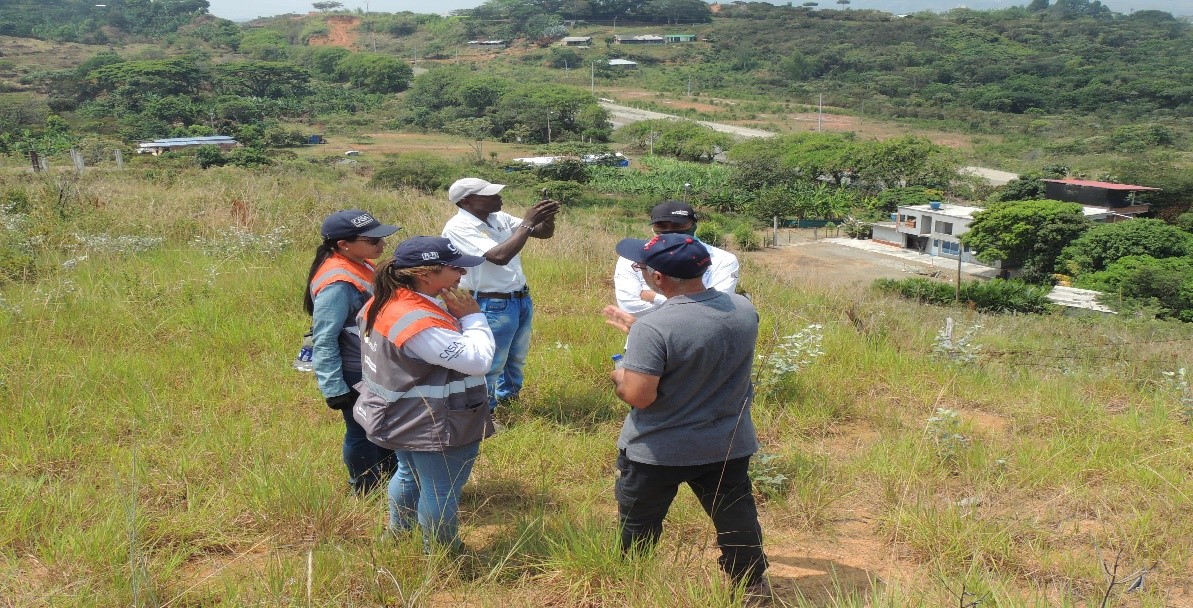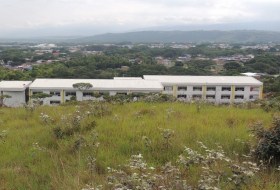News
Unicauca and Nuevo Cauca S.A.S sign an environmental conservation agreement in Northern Cauca.
The agreement, which arises from the dual carriageway works benefiting the North Campus in Santander de Quilichao, aims to offset the environmental impacts of this project in Northern Cauca.
The rector of the University of Cauca, Deibar René Hurtado, and the representative of Nuevo Cauca S.A.S, Julián Antonio Navarro Hoyos, signed an environmental conservation agreement. This process began to be managed in April 2023 as part of the dual carriageway project due to the various interventions in the ecosystems along the route between Santander de Quilichao and Mondomo, known as Functional Unit 4 (UF4).
The interinstitutional agreement established by the National Environmental Licensing Authority aims to offset the environmental impacts and ensure the implementation of activities related to the compensations for the biotic component. This involves plans to establish 15.3 hectares for actions related to the conservation of forest areas and ecological rehabilitation through nucleation.
These plans were prioritized by the University of Cauca under the leadership of the professors from the Forest Engineering program designated for this task.

Provided photo
The University of Cauca is involved in this process and has proposed an area at its northern campus that is currently zoned as follows: 2.98 hectares of weedy pastures, 0.77 hectares of clean pastures, and 11.60 hectares of secondary or transitional vegetation. These areas will be addressed within an ecological rehabilitation process covering 7.82 hectares and restoration efforts covering 7.53 hectares.
With this, the parties aim to conduct a pilot exercise not only for the intervention outlined in the agreement but also to develop a research project focused on the restoration of the Tropical Dry Forest ecosystem. This ecosystem has been significantly transformed by various anthropogenic activities across the country, leading to the loss of large areas, altering its structure and function, and the disappearance of flora and fauna species of great ecological and environmental importance.
In this way, fieldwork began between the parties to review the agreement, its scope, and the work plan to initiate the conservation process. It is expected that all interventions, contributions, and support from the various research and work groups at the University of Cauca will be coordinated with the Dean and the group of professors from the Faculty of Agricultural Sciences and the coordination of the North Campus, with the goal of ensuring that this ecological and environmental proposal is a collective effort within the established guidelines.
It is emphasized that this initiative will allow the different programs at the University of Cauca to carry out work to consolidate a conservation strategy and make it available to the university community and the general population.
For more information:
Faculty of Agricultural Sciences
Email: facagro@unicauca.edu.co


